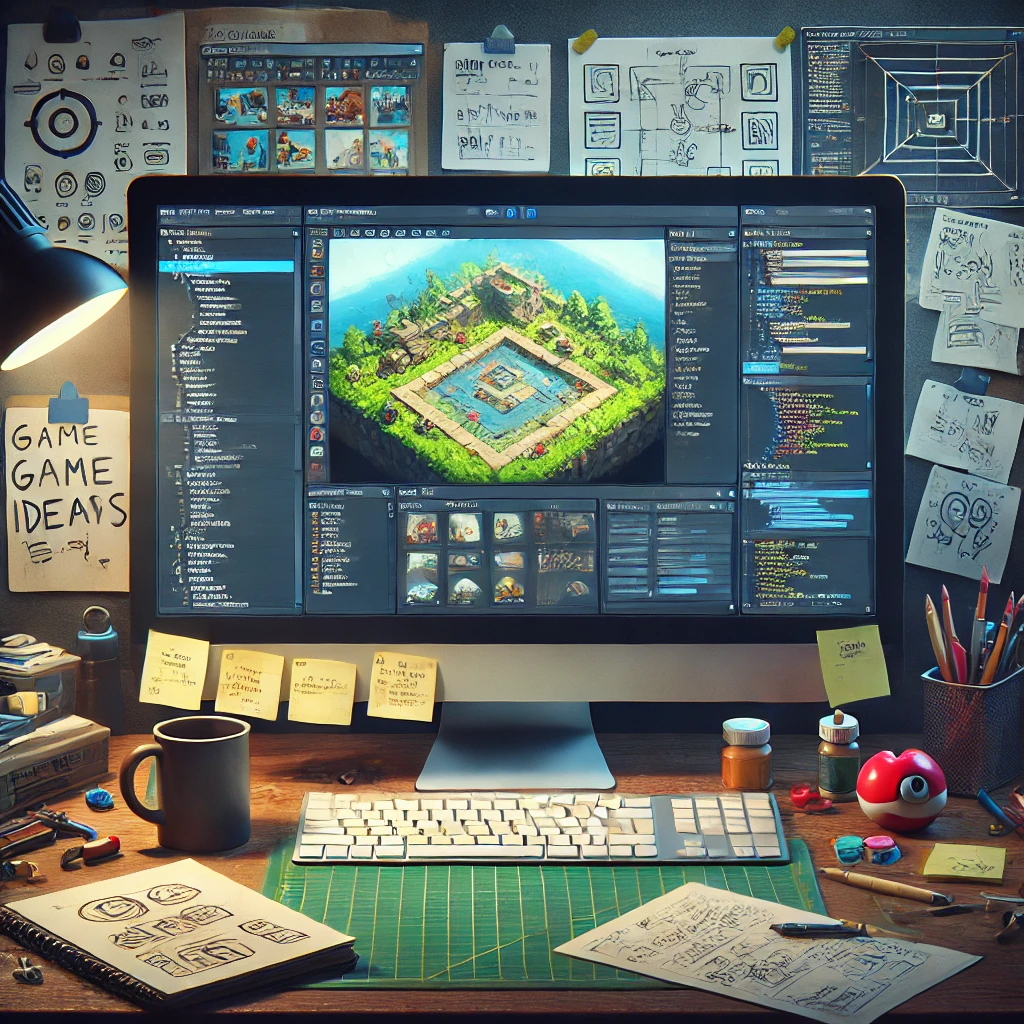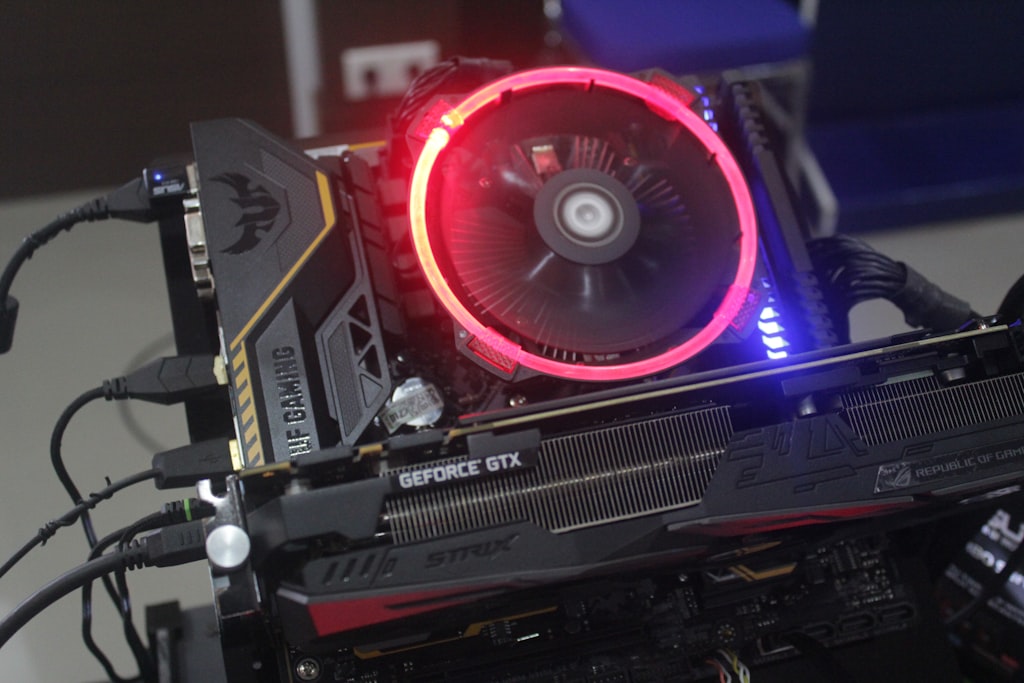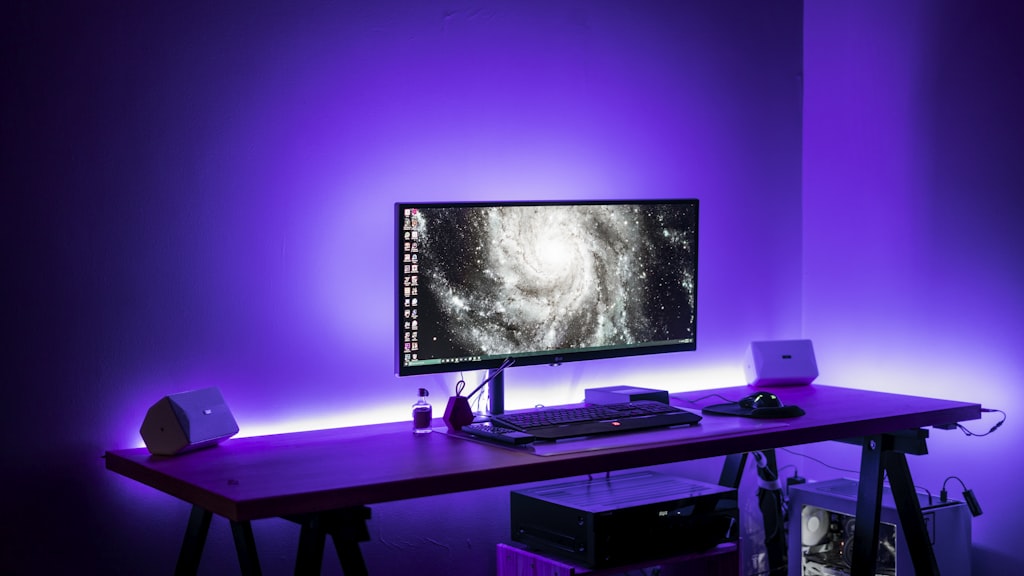Tools for Creating 2D Games: From Simple to Complex
Author: Oscar Vincent

Creating 2D games has become increasingly accessible thanks to a wide range of tools available to developers of all skill levels. Whether you're a beginner just dipping your toes into game development or an experienced developer looking to refine your craft, there's a tool out there that fits your needs. This article explores various tools, starting from the most basic to the more complex, giving you a comprehensive overview of what's available.
For beginners, simplicity is key. Tools designed with newcomers in mind often provide drag-and-drop interfaces, allowing users to focus on the creative aspects rather than getting bogged down by complex coding. These platforms usually come with pre-made assets and templates, enabling you to build a game without any prior programming knowledge. They are perfect for those looking to quickly prototype ideas or create simple games like platformers or puzzle games.
As you become more comfortable with game development, you might seek tools that offer more customization and control. Intermediate-level tools often include scripting capabilities, which allow for more sophisticated game mechanics and interactions. These tools might still offer visual editors but also introduce scripting languages that help bring your game concepts to life. They are ideal for developers ready to take their games to the next level while still benefiting from a user-friendly interface.
For advanced developers, complex tools provide the depth needed to create highly polished and intricate 2D games. These tools often require a strong understanding of coding and game design principles. They offer advanced features like physics engines, custom shaders, and robust asset management systems. While these tools have a steeper learning curve, they provide the flexibility and power needed to create professional-grade games with unique gameplay mechanics and stunning visuals.
In addition to development environments, there are also specialized tools that focus on particular aspects of game creation, such as sprite editors, music composition software, and level design tools. These tools can be used in conjunction with your main development platform to enhance the quality and depth of your game. For instance, a dedicated sprite editor can allow for more detailed character animations, while a music composition tool can help you create an original soundtrack that sets the mood for your game.
When choosing a tool for 2D game development, it's important to consider your goals, skill level, and the complexity of the game you want to create. Starting with a simple tool can provide a solid foundation, while more advanced tools can help you refine and expand your skills as you progress. The key is to experiment with different tools, find what works best for you, and enjoy the creative process of bringing your game ideas to life.
Whether you're a hobbyist or an aspiring professional, the right tools can make all the difference in your game development journey. With the vast array of options available, there's never been a better time to start creating your own 2D games.




